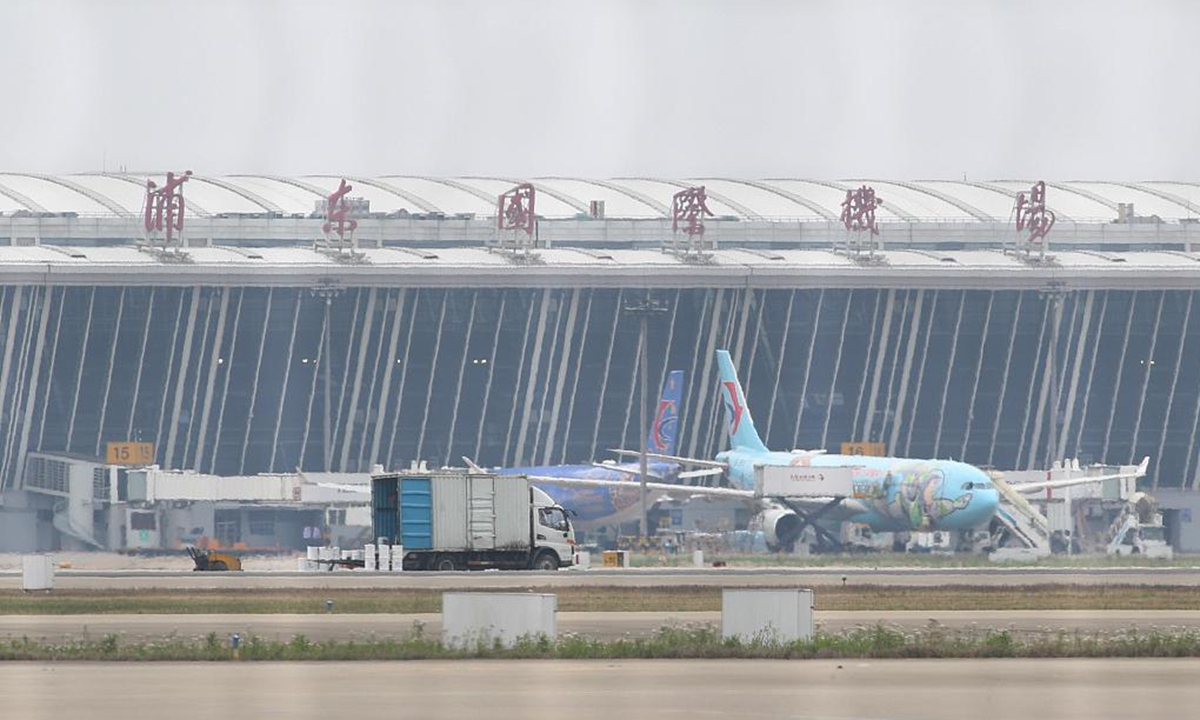SOURCE / INDUSTRIES
China civil aviation regulator releases detailed guidelines for imported cargo transport

Photo: CFP
China’s civil aviation regulator has released detailed guidelines for imported cargo transport, a move aimed to minimize the risk of infection given recent cases showing epidemic spread from cold-chain storage facilities and cargo transportation.
The guidelines strengthen risk classification and prevention for cargo flights, improve psychological care measures provided to crew members during quarantine, and enhance personal protection requirements for cargo-related personnel and inspectors.
The guidelines also require real-name registration and health monitoring of ground personnel who are in direct contact with imported goods and ensure imported goods and other goods are not mixed together during cargo transportation, loading and unloading, so as to minimize the risk of crossover and infection.
Officials from Civil Aviation Administration of China (CAAC) said the move is aimed at preventing outbreaks over the coming winter and spring.
All international freight coming by air, land and sea becomes a type of cold-chain storage as winter approaches, making it a potential source of COVID-19, Wu Zunyou, chief epidemiologist at the Chinese Center for Disease Control and Prevention, told the Global Times in an earlier interview.
He said that these sporadic cases related to imported cargo show that COVID-19 continues to be a risk, and China will face significant domestic challenges throughout the winter.
UPS and FedEx employees at Shanghai Pudong International Airport tested positive for COVID-19 following nucleic acid testing on Sunday for all airport staff, the local CDC reported on Monday night.
The number of cases involving COVID-19-positive imported cold-chain foods has increased significantly hitting an array of products including seafood, meat and poultry goods.
Global Times
